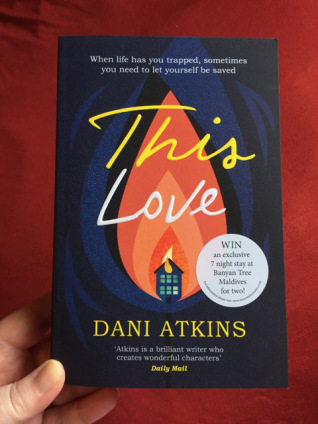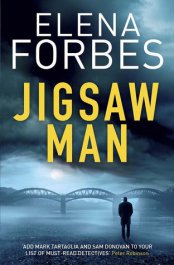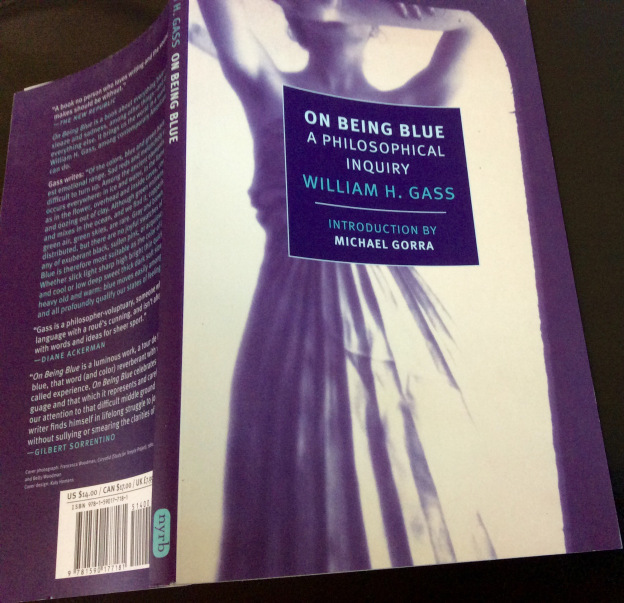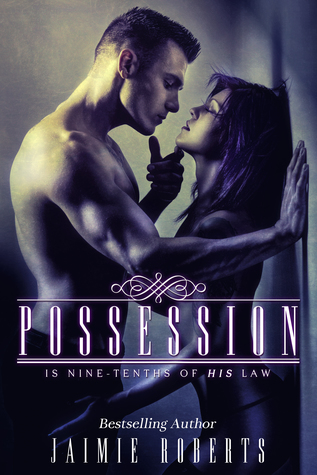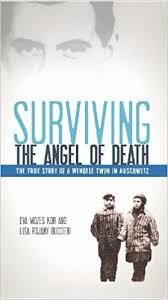 Author: Eva Mozes Kor and Lisa Rojany Buccieri
Author: Eva Mozes Kor and Lisa Rojany Buccieri
ISBN: 9781933718576
Publisher: Tanglewood
Copyright date: October 4th, 2009
Readers Annotation: Eva Mozes was only 11 years old when she and her twin sister were taken from her family. Little did she know, her life would only become more miserable as Dr. Mengele preformed his cruel experiments on her.
Plot Summary:
Growing up, Eva’s family was the only Jewish family in her town. There were some villagers who were anti-Semitic, but for the most part Eva lived a normal life. The only thing unusual about her was that she had an identical twin, Miriam and they like to dress the same. When the Nazi’s took over, this changed. Her classmates started taunting her and soon her family was forced aboard a train. They would end up in Auschwitz, a death camp in Poland. Eva and Miriam were saved from an instant death because of their status as twins. Instead, they would be forced to participate in Dr. Mengele’s cruel experiments. Though weakened by hunger, lice and disease, Eva and Miriam stick together and thus remain strong. This is true story of resilience and survival in the face of evil. It describes the reality of what it meant to be one of Dr. Mengele’s twins.
Critical Evaluation:
The Holocaust has been written about in many ways by authors who reflect upon the event rather than by authors who were actually there. Eva Mozes Kor, was a child during her stay at Auschwitz, but she did not forget the atrocities that she saw. In her book, she details what it was like to be a Mengele twin. A review from Library School Journal says, “Kor’s straightforward first-person narrative is unusual because it details life in the concentration camp through the eyes of a child who lived among children.” This perspective gives an authentic view of a child’s life during the Holocaust. Kor explains her harrowing journey but it is told clearly and unafflicted by the pain she must have felt.
When telling an autobiographical story, the point is to get across the events that happened to you in your lifetime. Kor takes it one step further and imbeds themes in her work. It’s not simply about what happened to her, but how she got through it. Library School Journal continues, “In an eight-page epilogue, the author talks about her discovery, 50 years after liberation, of the importance of forgiveness (“a seed for peace”), and of what she has done to teach young people the positive lessons of life garnered from her horrific experiences.” The book then becomes not just about the events of the Holocaust, but about the power of forgiveness.
Author Information:
Eva Mozes Kor is a survivor of the Holocaust, forgiveness advocate, and public speaker. Powered by a never-give-up attitude, Eva has emerged from a trauma-filled childhood as a brilliant example of the human spirit’s power to overcome. She is a community leader, champion of human rights, and tireless educator.
– From the authors charity website which can be found here.
Lisa Rojany has written dozens of children’s books, 2 adult books, a few YA novels, and a YA memoir, including several award-winning and bestselling titles. She is also a publishing executive and editor with over 20 years of experience in the industry. As well as spearheading four publishing startups, Lisa has simultaneously run her own business, Editorial Services of L.A. She has been Editorial/Publishing Director for Golden Books, Price Stern Sloan/Penguin Group USA, Intervisual Books, Gateway Learning Corp (Hooked on Phonics), and Intervisual Books. She loves working with authors to make their work the best it can be.
-From the authors biography on Amazon which can be found here.
Genre: Autobiography
Curriculum Ties: Holocaust, coming of age
Book Talk Ideas:
Reading Level: 12 and up
Challenge issues: Morbid content
Defense:
- You should immediately turn on your listening skills to make the patron feel respected. Make sure that you let them know that you appreciate their involvement in their teens life and that you care about what they are saying.
- Make sure you are familiar with the book. You should have a basic understanding of the materials in your library, but make sure to have read whatever is being challenged to best understand the patron concerns.
- Know and have access to the libraries selection policy. This describes how book choices were made in the first place. The questionable material should be measured up to these points.
- Have on file access to the books reviews, awards, and critical receptions. This should show how the book connects to the previously mentioned selection policy. Reviews should be from acclaimed sources such as Library School Journal, VOYA, Booklist, and Kirkus to name a few.
- Also have on hand copies of the ALA’s Library Bill of Rights and be able to show how the questionable book fits into the beliefs of providing access in libraries.
- The ALA freedom to read statement is also a good document to have on hand to show the American libraries view on creating a diverse collection, the meaning of censorship and assisting all individuals in finding what they wish to read.
- As a last resort, have a reconsideration form ready if the patron wishes to fill it out. Make sure that you and the patron both understand the process. Many times, libraries will leave the questioned book on the shelf until the board or deciding body goes through the review process. Understanding and explaining these key concepts help from creating any more issues.
- Overall, remain calm and LISTEN. As a trained librarian your instinct may be to immediately jump into a defense of the book, but sometimes the best response is to be a proper sounding board for your patron. Listening to there concerns is sometimes best solution to the problem at hand.
Why did you pick this for your collection?
The Holocaust is taught in most schools as a part of their curriculum. It comes into play in both history classes and in English classes. Teens know the Holocaust was awful and learn about themes ranging from mob mentalities to persecution. However, they don’t always get the full picture. They might understand the events, but they don’t necessarily get to glimpse the lives of people who were there. This book gives a rare insight from someone who experienced the Holocaust and was at Auschwitz. This book is thought provoking and provides deeper insight into the tragic events of WWII. This should be added to a collection so that teens can further explore what happened during the Holocaust.
Advertisements Share this:
